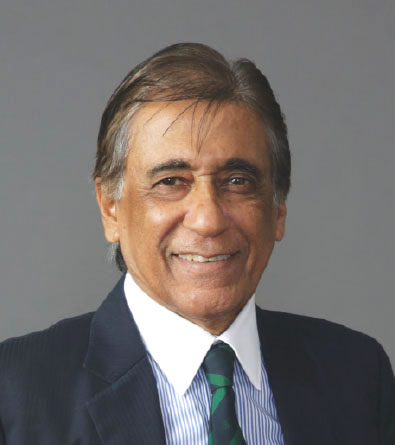Letter from the Editor

When I switched from the corporate sector to business journalism over four decades ago, journalism was a glamour vocation. Industry leaders and businessmen, long pilloried and abused in the heyday of socialism, were anxious to tell their stories to Business India of which I was a category-creator and first editor. After their stories were told and chronicled, it turned out that far from being the villains of post-independence India, they were in fact, heroes. At that time, apart from businessmen eager to tell their stories of success despite the hundreds of hurdles thrown in their path, politicians were not afraid to explain and justify their policies and initiatives.
The launch of Business India and BusinessWorld a few years later had a happy ending. Suddenly the country came to its senses. Dr. Manmohan Singh, for several decades an architect of crushing licence-permit-quota raj, hopped into a telephone booth and changed his turban and emerged as Superman of the historic industry liberalisation and deregulation reforms of 1991. Immediately, India’s annual GDP growth rate doubled and has averaged 7 percent per year since. As a result, an estimated 400 million citizens have been lifted out of deep poverty.
A decade later on the eve of the new millennium, your reportedly immodest editor identified the country’s moribund education system dominated by government schools, colleges and universities as the achilles heel of post-independence India’s continuously disappointing national development effort. In 1999, EducationWorld was launched with the mission to “build the pressure of public opinion to make education the #1 item on the national agenda”. Although almost a quarter century later, this mission remains unfulfilled, it’s indisputable that the landscape of Indian education has substantially changed for the better. Now there is a discernible temper to improve learning outcomes in all education institutions from preschools to Ph D. Bona fide educationists committed to developing India’s high-potential, yet long-neglected human resources have enthusiastically welcomed and cooperated with us to tell their stories of struggles against over-regulation of Indian education.
Unsurprisingly, the neta-babu brotherhood whose control-and-command of Indian education has smothered India’s human resource development effort, are reluctant to explain or justify their policies and directives. In particular, none of the BJP appointed education ministers at the Centre since 2014 has done us the favour of explaining the revolutionary reforms — including NEP 2020 – imposed upon the nation. Therefore, this issue which offers constructive suggestions to the newly re-inducted Union education minister Dharmendra Pradhan, doesn’t alas, feature an interview with him. Nevertheless we carry on regardless.
Sir, debate, deliberation and discussion of critically important government policies and initiatives are fundamental to democracies. And high-quality education. Pity you aren’t aware.

















Add comment